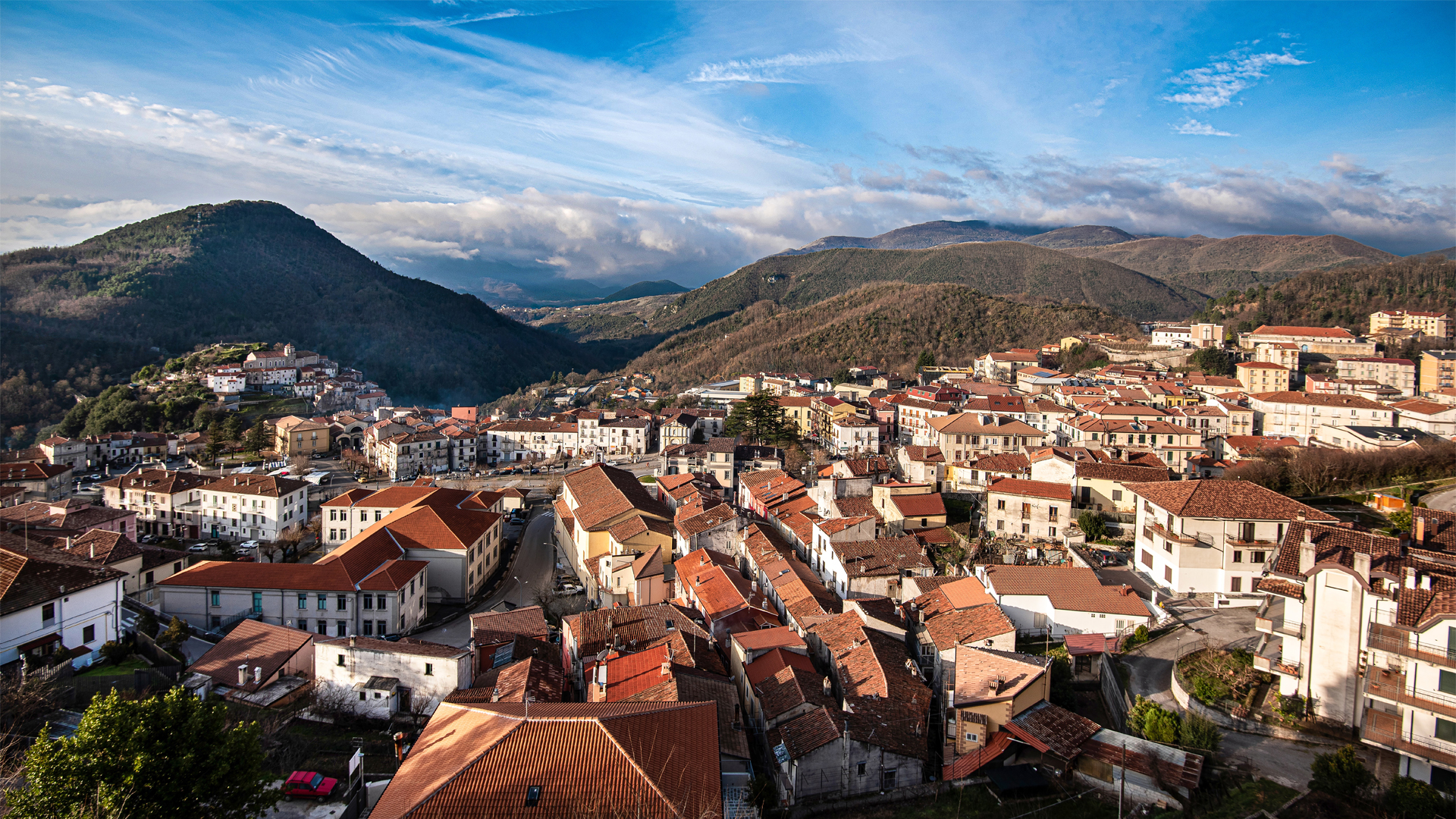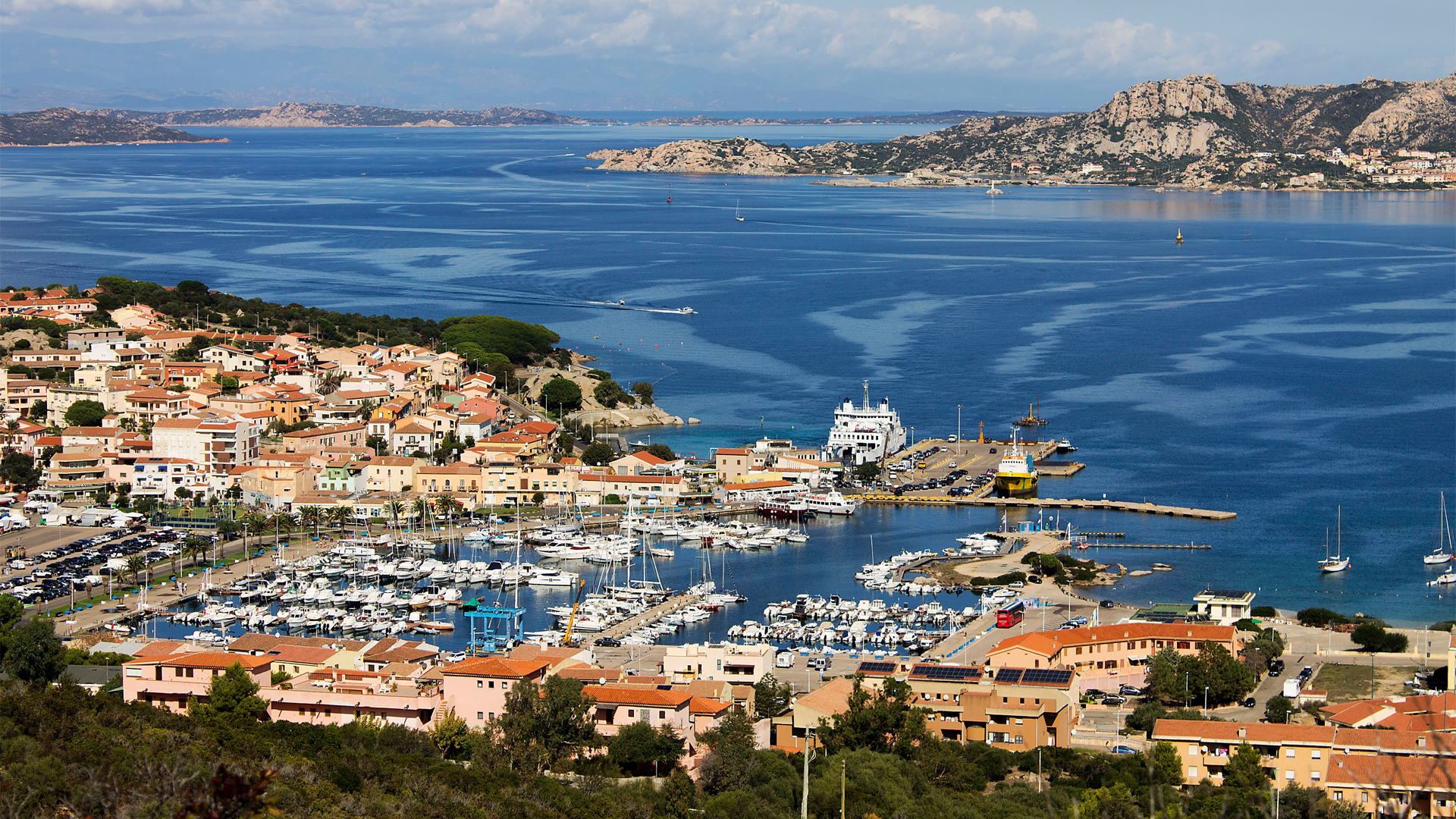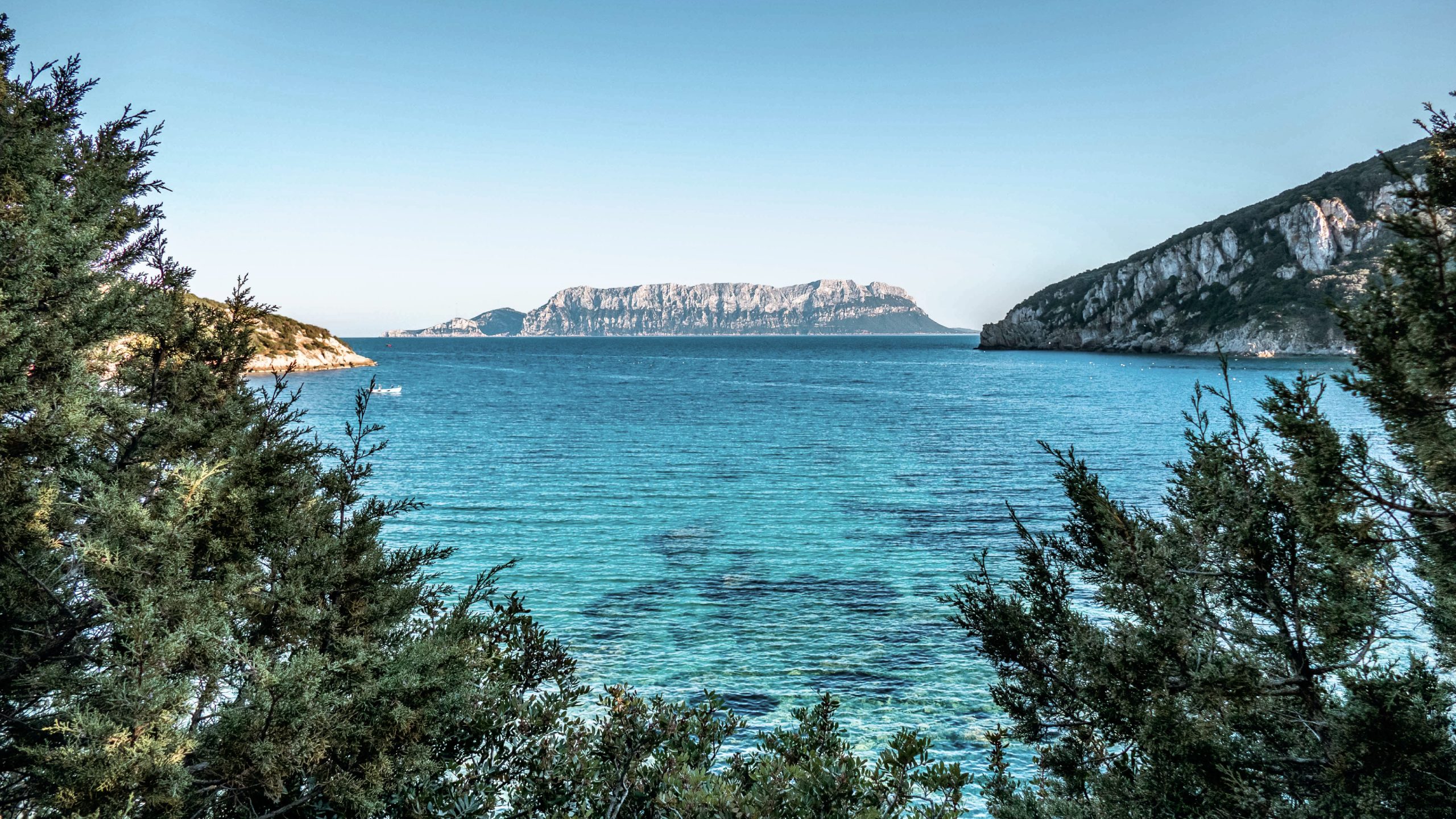The term 'Blue Zone' was first introduced by researchers Dan Buettner and Gianni Pes, to describe regions of the world where people live much longer than average. These zones have been identified through demographic work and confirmed via scientific studies. The term refers to the five specific regions that have been recognized globally: Okinawa in Japan; Nicoya in Costa Rica; Ikaria in Greece; Loma Linda in California, USA; and Sardinia in Italy.
Sardinia, particularly the mountainous region of Barbagia in the southeast, became one of the first identified Blue Zones due to its unusually high number of centenarians – people who live past the age of 100. This remote, hilly region of Sardinia has the world's highest documented concentration of male centenarians. Buettner and Pes, in their comprehensive study, found that Sardinians not only live long lives but also healthier ones, often escaping diseases like heart disease, dementia, and certain types of cancers.

Several factors contribute to Sardinians' exceptional health and longevity. Firstly, the Sardinian diet is abundant in fresh fruits and vegetables, legumes, whole grains, and lean proteins such as fish, along with a moderate intake of red wine. The local diet is rich in antioxidants and omega-3 fatty acids, which are crucial for heart health. Olive oil, used extensively in their cuisine, is known to have health-promoting properties, while their moderate consumption of dairy, primarily from sheep and goat milk, provides a unique profile of fats that are thought to be beneficial.
Secondly, physical activity is ingrained into their daily life. The mountainous terrain necessitates plenty of walking or hiking, while most of the population work in farming or shepherding, tasks that naturally promote physical fitness. The combination of a healthy diet and regular physical activity significantly reduces the risk of lifestyle diseases.
Finally, social and familial connections play a vital role in Sardinians' health and longevity. Strong ties within the community, respect for elders, and a culture of caring for the elderly at home may lead to a sense of purpose, lower stress levels, and mental well-being, all factors known to contribute to longevity.

There is much to learn from Sardinians when it comes to living longer, healthier lives. The primary lesson is the importance of diet, particularly one that emphasizes plant-based foods, lean proteins, and healthy fats. The regular physical activity intrinsic to the Sardinian way of life also underscores the importance of staying active.
The significance of robust social connections and familial ties in Sardinian culture reiterates the importance of mental and emotional health. They illustrate that an active social life, a sense of community, and caring for others can contribute significantly to our overall well-being. Lastly, Sardinians teach us that in the pursuit of a long, healthy life, it's not only about diet and exercise but also about maintaining a balanced lifestyle that nurtures both body and mind.
Arianna DiCicco
Arianna DiCicco is an educator and writer from California, born into an Italian American restaurant family with strong ties to her grandparents’ home in Abruzzo, Italy. She has lived in San Francisco, Rome and New York City where she’s made deep connections within the Italian communities and gained new perspectives about her own culture. With a Masters in International Education, Arianna has a love and passion for learning and educating others about Italian history & culture.

